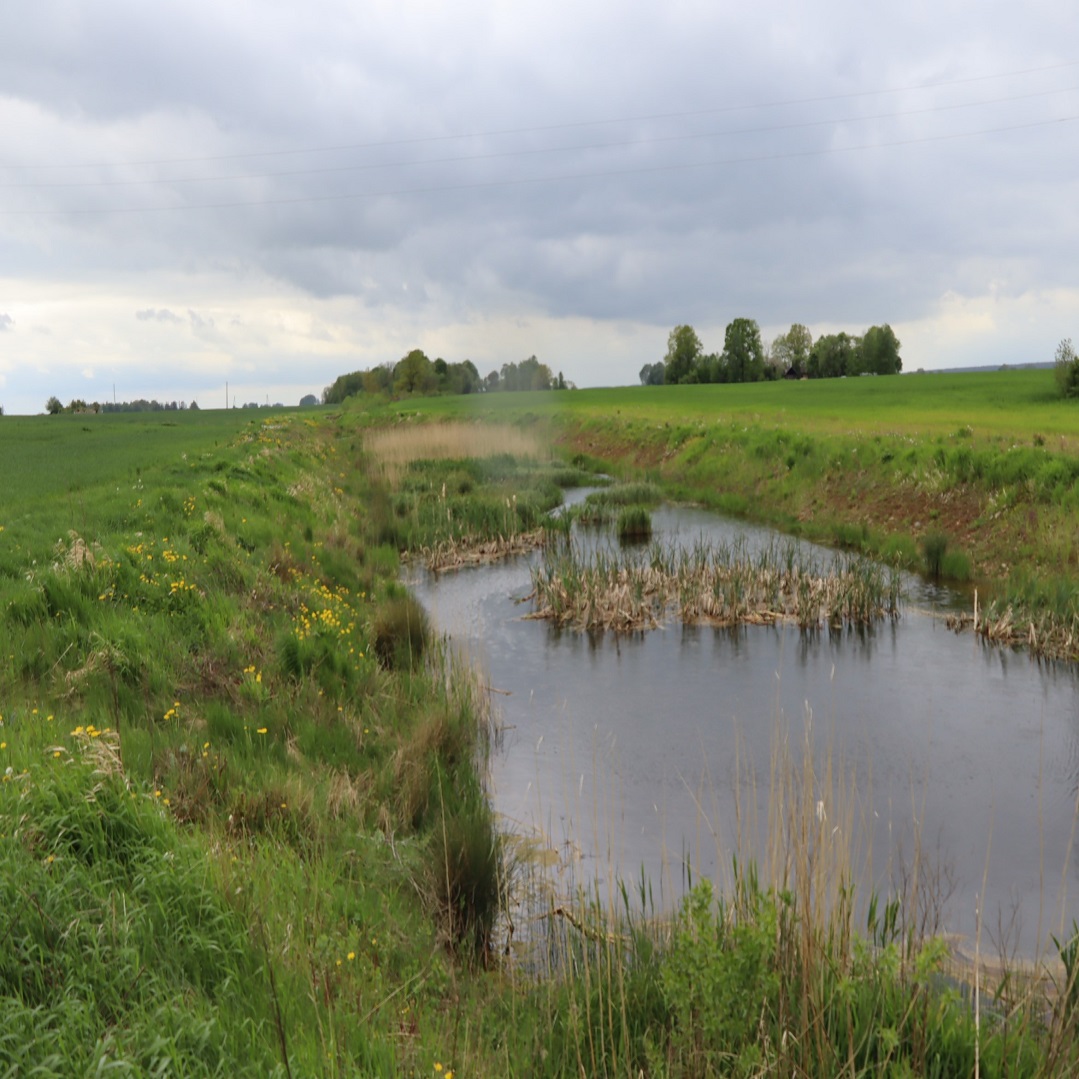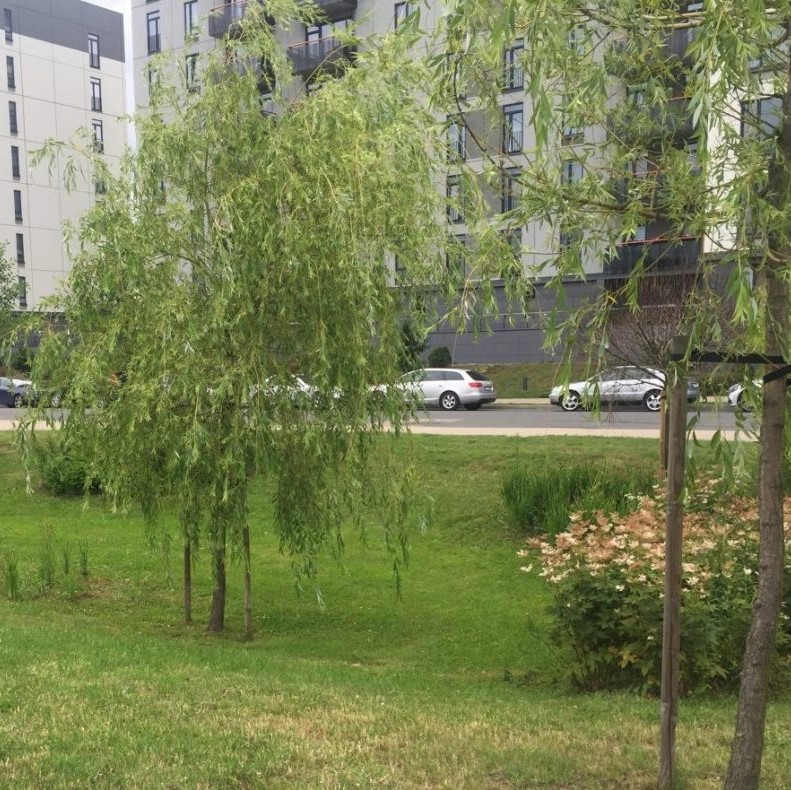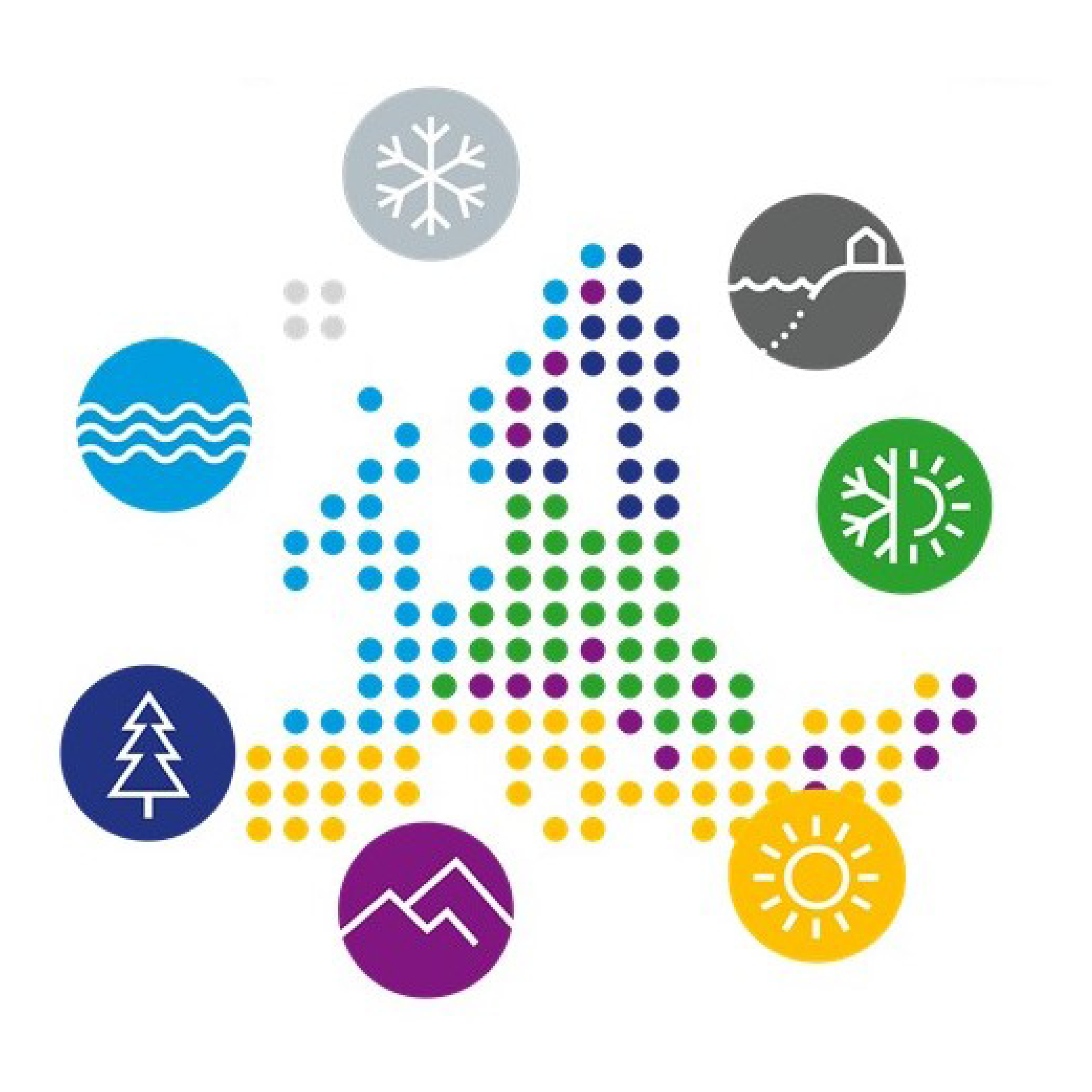Objective: To influence building developments at legislative, technical, planning, consumer behaviour level in Central and Eastern Europe.
Benefits: Approaches and learning for an energy optimized housing planning including an implementation plan at municipalities.
Project description: INTENSE aims at transferring intelligent energy saving measures for municipal housing from “old” EU Member States to “new” Member States and Accession countries in Central and Eastern Europe. The project is implemented in 12 countries by 28 partners representing multiplier organizations, municipalities and project experts. Built on a holistic approach for planning of energy optimized housing, the project comprises an analysis of legal preconditions, experience exchange on best practice examples, development and implementation of training programmes, pilot planning activities at partner municipalities, and public awareness raising. Increased capacities of local authorities will be an investment to the future for influencing new housing development at legislative, technical and planning level as well as guiding consumer behaviour towards efficient energy use. Experiences and lessons learned within the project will be further disseminated across Europe.
Results:
• Reflected learning process, pros and cons of different approaches to holistic planning of new buildings resulting from 13 concepts at partner municipalities for an energy optimized housing planning including an implementation plan, e.g. investment planning and source analysis, as well as communication exercises at municipalities.
• Enhanced development of knowledge and skills of different stakeholders in the building process (planners, architects, engineers, craftsmen, municipal advisors) by carefully assessed training needs of different stakeholder groups and elaborated set of training programmes and materials fitting especially for Central and Eastern European conditions.
• Selected set of best practice examples from Germany and other “old” EU Member States on energy saving measures at buildings under the view point of their applicability in Central and Eastern Europe; developed adaption scenarios for these best practice options including modifications and practical implementation guidance.
• Developed public awareness raising strategy and public information toolkits for municipalities for guiding of consumption patterns of inhabitants towards energy saving measures in buildings in Central and Eastern European Countries
• Assessed legal background and improvement potentials at local level based on the international comparison of by-laws, rules and technical standards set at municipalities.
Main project activities:
1. Overview on legal background and implementation schemes for promotion of energy performance of buildings and energy end-use efficiency.
1.1. To perform comparative study on transposition/implementation of the relevant legal requirements in the EU (2006/32/EC and 2002/91/EC) and CEEC (national/ local level).
1.2. To screen the institutional set-up and responsibilities of stakeholders.
1.3. To analyze and compare the system for necessary data collection, certification and financial mechanisms allocated for implementation.
1.4. To organize one national (per country) and three large scale international seminars on legal systems and implementation schemes (for partners, municipalities and national authorities).
2. Best practice options for increasing energy efficiency at municipalities.
2.1. To evaluate the lessons learned from already implemented projects.
2.2. To compile technologically sound solutions for energy saving at buildings.
2.3. To analyze the selected best practical options for their applicability in CEEC.
2.4. To assess the best practice options for energy efficiency at housing.
2.5. To develop adaptation concepts for implementation at local level in CEEC taking into account costs and savings.
2.6. To organize several national and 3 international seminars for knowledge and information transfer on best practice options for energy saving at buildings (partners mainly).
3. Pilot implementation of strategic planning for energy saving methods at municipalities.
3.1. To facilitate municipalities to develop their pilot implementation action plan and initiate cross-country synergies among the partners.
3.2. To support pilot municipalities taking planning action under supervision of project experts.
3.3. To organize several national as well as ca. 3 international targeted workshops on practical application of energy saving measures for pilot municipalities in CEEC (partners and selected other municipalities).
3.4. To organize study visits to Germany to three different locations.
4. Capacity building program for stakeholders in CEEC for implementing energy efficiency measures/ technological/ construction solutions.
4.1. To map the stakeholders and carry out analyses of available trainings programs.
4.2. To assess capacities and training needs of stakeholders in the CEEC.
4.3. To identify and adapt available training programmes from Germany (partner).
4.4. To elaborate training programme and template of materials in national languages.
4.5. To perform targeted trainings for municipalities, architects, constructors, craftsmen, certifiers in the CEEC.
4.6. To develop a handbook containing guidelines and recommendations for implementation of practical measures at municipalities.
5. Public awareness development on energy saving measures for housing.
5.1. To analyze awareness raising history on energy savings at general public in “old” EU MS.
5.2. To perform an analyses (opinion poll) in partner countries on readiness of general public to accept and perform energy saving measures, incentives and constrains.
5.3. To elaborate a strategy template for public awareness in partner countries.
5.4. To organize 2 national and 3 international seminars for experience exchange.
5.5. To elaborate a toolkit for public awareness on energy saving measures (templates of leaflet, brochures) for adaptation in national languages.
6. Communication and dissemination.
Project details
- Project management: Baltic Environmental Forum, Germany
- Funded by: European Commission: Intelligent Energy Europe Programm and Society Integration Foundation (SIF)
- Operational time: 10/2008-09/2011
- Project number: IEE/07/823/SI2.500392
Project partners
Baltic Environmental Forum in Estonia, Lithuania and Germany Regional Environmental Center Headquarter (with country office Poland and Hungary) in Hungary and the regional offices in Slovakia, Czech Republic, Slovenia, Croatia and Romania Sofia Energy Agency, Bulgaria Energy and Environment Center, Germany Auraplan, Germany Riga Energy Agency, Latvia Local Action Group Moravian Karst, Czech Republic Local municipalities: Muenster (Germany), Frankfurt (Germany), Sapareva banya (Bulgaria), Cesis (Latvia), Saku (Estonia), Elektrenai (Lithuania), Ozarow (Poland), Ruzomberok (Slovakia), Veszprem (Hungary), Ptuj (Slovenia), Korivnica (Croatia), Samobor (Croatia), Tusnad (Romania)
Project employees
- Ingrida Bremere



